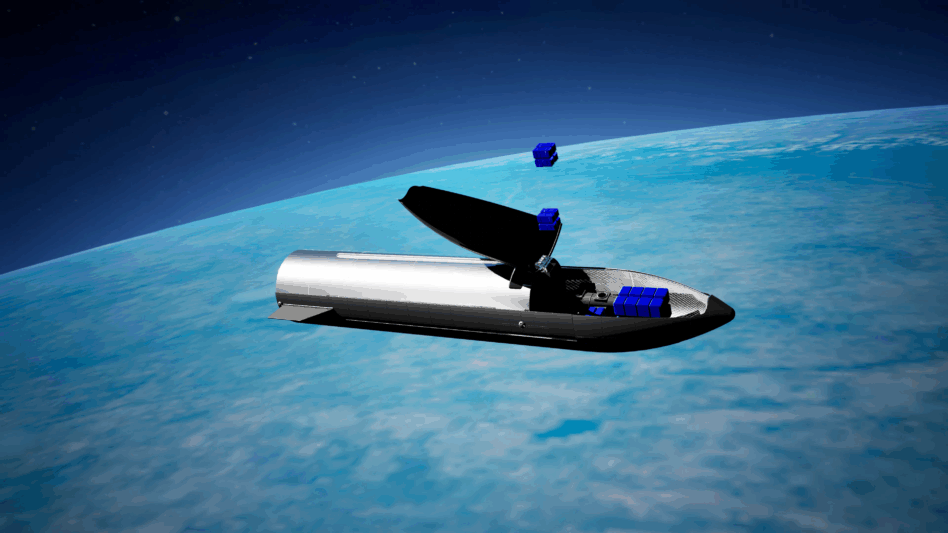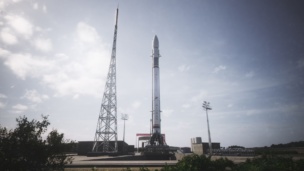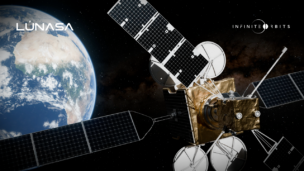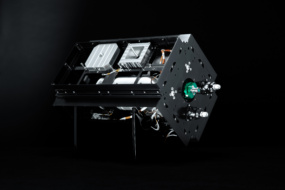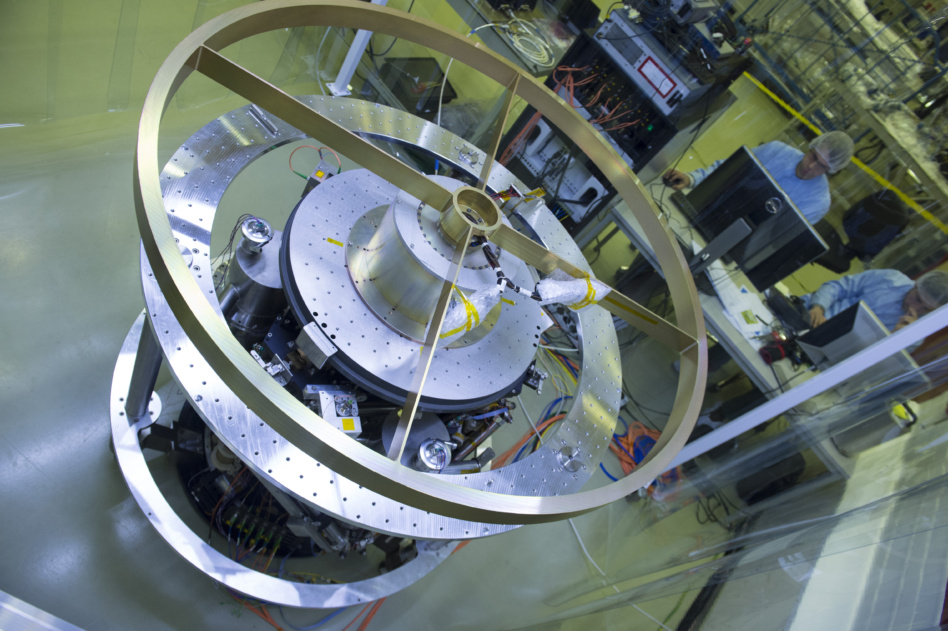If you want to launch from Europe, be prepared to queue for a while.
Astron Systems, a UK-based launch startup working on cheap, reusable, small-lift rockets announced this week that its manifest is nearly completely booked through the end of the decade—despite being years away from building its first rocket.
- Astron signed an agreement this week with Shield Space, another UK startup developing protect-and-defend satellites for the MoD, to launch the first two of Shield’s Orbital Sentinel spacecraft no earlier than 2029.
- In June, Astron signed with the Australian startup Spiral Blue to launch three of the Aussie company’s lidar sats to orbit, also beginning in 2029.
- The company also has four more commercial flights planned from 2028-2030, totaling a few hundred kilos of available payload capacity.
The customer interest in booking flights for a yet-to-be-built rocket is a strong sign that the demand for launch far exceeds Europe’s current supply, which could support a launch market even more diverse than the five companies shortlisted for ESA’s European Launcher Challenge (ELC).
Meet Astron: Founded in 2021 by three aerospace propulsion engineers—Eddie Brown, Kieran Jones-Tett, and Rafal Sokolowski—Astron’s aim is to drastically reduce the cost to orbit through a reusable, small-lift launch vehicle called Aurora.
- The two-stage rocket stands 25 m tall by 1.8 m in diameter, and uses liquid oxygen or liquid biomethane as propellant to bring 360 kg of payload to LEO.
- Aurora uses a ceramic matrix composite aeroshell heat shield, similar to the one being developed for ESA’s upcoming Space Rider reentry mission.
- Astron plans to use a parafoil to return Aurora’s booster and second stage, with the hope of being able to reuse the entire rocket after a few days of refurbishing time between launches.
While Aurora is still in the early stages of development, Astron plans to offer a unique mission profile compared to other small rockets in development. Aurora’s small size means it can be packed and shipped with ease to offer tactically responsive launch times under 72 hours—a capability it hopes to test with Shield Space.
Astron also plans to bring back up to 100 kg of payload from orbit, making it a prime candidate for in-orbit manufacturing and hypersonic test missions, according to Brown.
Finding the bottleneck: Astron isn’t alone in boasting a packed manifest—Skyrora, Orbex, and PLD Space have all begun booking flights ahead of reaching orbit. Despite that, Astron’s immediate uphill battle is still more economics than physics.
Brown estimated that the total development cost needed to operationalize the Aurora launch vehicle is approximately $125M (€107M), and so far the company has received only $650,000 (€555,600) in funding, from a mixture of private UK investors, UK and ESA grants, and Techstars Space Accelerator.
“We did put in a bid for ELC ourselves. Our feedback from ESA was broadly, overwhelmingly positive for what we’re doing, and the commercial potential for it. But the big holdback for them was just our maturity as a company,” Brown told Payload.
Put simply, Astron was not able to hit the 2027 demonstration timeline required by the ELC.
Brown explained that other avenues for funding also have their challenges.
- The UK doesn’t subscribe to ESA’s Future Launchers Preparatory Programme (FLPP), which supports early-stage technologies in reusable launch and advanced propulsion.
- Astron is also locked out of ESA’s Boost! program until the company can raise 10% of its total deployment cost.
Undeterred, Astron will continue building with the hopes that private capital can open the door for more ESA grants down the line, according to Brown.
“On a shoestring budget, we’ve already built and tested to some degree…not just a conventional design, but a completely new way of doing things,” Brown said. “Moving in space is expensive, so [if] you make the small-lift rocket cheaper, the mission sets and customer base…only grows from where it is today.”
Correction: This article was updated to better reflect the company’s manifest, which includes four commercial flights between 2028-2030 totaling a few hundred kilos of available payload capacity.
